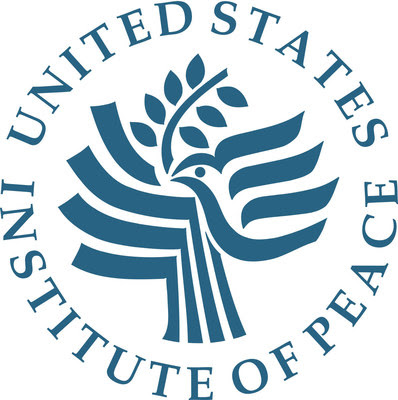Ce prix annuel récompense les femmes issues de pays touchés par des conflits et qui luttent pour la paix.
WASHINGTON, 14 janvier 2022 /PRNewswire/ — Le U.S. Institute of Peace (USIP) annonce l’ouverture des candidatures pour l’édition 2022 du Women Building Peace Award. Ce prix annuel prestigieux rend hommage aux femmes qui amènent la paix dans les pays touchés par des conflits violents.

La période de mises en candidature prendra fin le 14 février 2022. La lauréate sera reconnue lors d’une cérémonie organisée par l’USIP en octobre 2022.
D’innombrables femmes risquent leur vie pour instaurer la paix dans leurs communautés, dirigeant des mouvements pour la justice et l’inclusion, bien que leurs efforts soient souvent ignorés. L’USIP est déterminé à en faire davantage pour soutenir et célébrer ces femmes et leur impact en tant qu’agentes de paix. L’institut invite les organisations et les personnes du monde entier à reconnaître les femmes exceptionnelles qui ont consacré leur vie à la paix et à leur rendre hommage.
L’USIP encourage fortement les mises en candidature de femmes qui n’ont jamais été reconnues pour leur action de consolidation de la paix. Les candidatures seront examinées en fonction des critères suivants :
- Engagement pour la paix : une femme montrant un engagement en faveur de la paix par ses actions pour la prévention ou la résolution de conflits de façon non violente dans un pays ou une région fragile ou touché par des conflits.
- Leadership exceptionnel : une femme qui incarne un leadership exceptionnel par sa vision et le caractère novateur de son approche, et qui a gagné le respect des autres de par les efforts qu’elle déploie en faveur de la paix.
- Praticien exceptionnel : une femme, intervenante en consolidation de la paix, qui travaille avec les membres des communautés locales, nationales ou internationales de manière inclusive et participative.
- Incidence importante : une femme dont l’action en faveur de la paix a donné des résultats tangibles.
La lauréate de l’édition 2022 sera désignée par le Women Building Peace Council, un groupe d’éminents experts qui conseillent l’USIP sur les questions de genre et de consolidation de la paix.
Josephine Ekiru , du Kenya, et Rita Lopidia, du Sud-Soudan, sont des lauréates des éditions précédentes du Women Building Peace Award. L’USIP a désigné 19 finalistes du prix depuis sa création en 2019.
Pour en savoir plus sur le prix et pour proposer la candidature d’une artisante de la paix, veuillez consulter le site www.usip.org/
Pour en savoir plus sur l’USIP, veuillez consulter le site Web suivant : https://www.usip.
Logo : https://mma.prnewswire.
